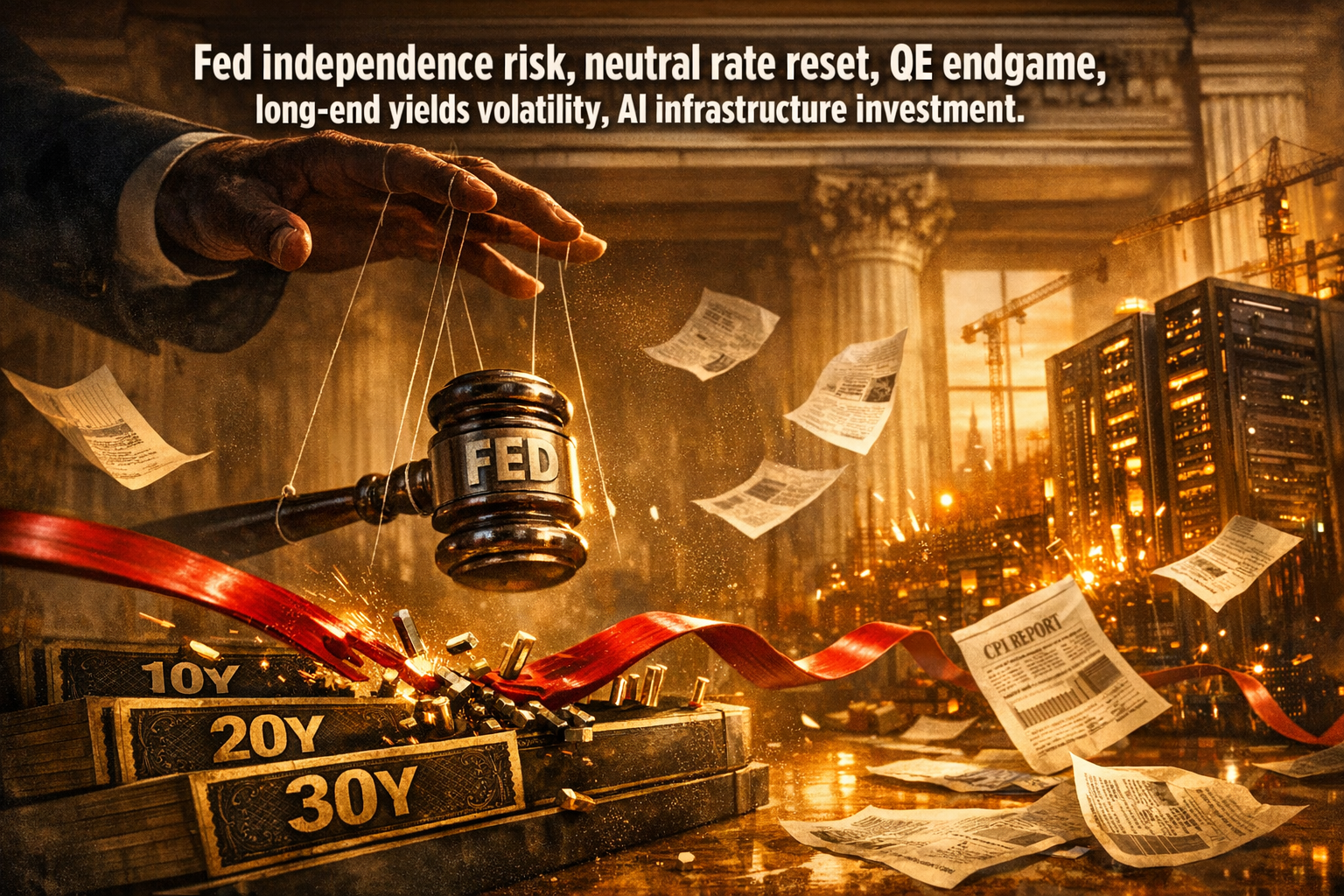● Bitcoin ETF Explosion, China Tsunami
Trump 2.0 Era and Virtual Asset Policy Shift: Key Takeaways
1. Trump Administration’s Shift in Crypto Policy
In the past, the U.S. Trump administration dismissed Bitcoin with comments like, “Bitcoin? It will only benefit China.”
However, as the number of Bitcoin holders in the U.S. increased, their perspective changed dramatically.
Recently, Trump’s pledges like ‘Coin President’ stand out, indicating an active utilization of coins as strategic reserve assets.
2. Chairman Powell’s Remarks and Legal Constraints
During the December FMC meeting, Federal Reserve Chairman Powell stated that virtual assets could not be used as strategic reserve assets.
This stance reflects that current laws do not allow Bitcoin to be included as a reserve asset.
Whether the Fed or the government will pursue legal amendments or maintain the status quo remains a significant variable in political and economic landscapes.
3. The New Cold War Structure and the Geopolitical Role of Virtual Assets
Due to international instability, such as the Russia-Ukraine war, the U.S. is taking measures like blocking SWIFT access as economic sanctions.
In response, China and Russia are actively considering the use of their own virtual assets, such as digital yuan and digital rubles.
The U.S. aims to strengthen the dollar’s linkage and influence through stablecoins, showing moves to utilize virtual assets as a geopolitical tool.
4. Changes in Investment Perspectives of National Pension Service and Institutional Investors
Amidst the diversification of portfolios by domestic institutional investors like the National Pension Service, who have been focusing on U.S. stocks and bonds,
investments in Bitcoin and other major virtual assets are being positively considered.
Under the assumption that Bitcoin will continue to rise, technical approaches such as holding coins instead of gold are also being discussed.
5. New Industry Changes with the Convergence of Metaverse and Virtual Assets
As borderless virtual communities like the Metaverse gain attention,
virtual assets in the form of local currencies or community coins are being given new value.
In this regard, there is a possibility that various cryptocurrencies will coexist alongside stable coins like Bitcoin and Ethereum.
6. U.S. and Global ETF Approval Trends and Policy Changes
In the U.S., ETF approvals are gradually increasing to attract institutional investment.
Under the principle of minimal market intervention, the government aims to provide sufficient information so that investors can make informed decisions.
Meanwhile, there is a risk of capital outflow due to policy gaps between domestic and foreign countries, so vigilance is needed.
Each item is organized chronologically.
Focusing on major keywords such as virtual assets, Bitcoin, ETF, Metaverse, and economic outlook in the Trump 2.0 era,
we systematically examine government policy changes, international affairs, and investor response strategies.
From the perspective of those viewing economic outlook blogs, we deliver essential insights that must be checked now in an easy and detailed manner.
Summary
The background to the Trump administration’s shift toward utilizing virtual assets as strategic reserve assets, unlike in the past, includes the increasing number of Bitcoin holders in the U.S. and the New Cold War situation.
Chairman Powell emphasized the unavailability of reserves under current law, but discussions on legal amendments are expected to be a significant variable in the future.
The virtual asset market shows signs of gradual stabilization due to international sanctions, the spread of the Metaverse, and the inflow of institutional investors through ETF approvals.
As domestic institutional investors such as the National Pension Service are also increasingly likely to consider virtual assets from the perspective of diversifying investment portfolios, it is urgent to prepare related policy responses.
[Related Articles…]
Latest Bitcoin Outlook Analysis
ETF Approval Trends and Investment Strategies
*YouTube Source: [경제 읽어주는 남자(김광석TV)]
– 규제 넘어 ‘ETF 폭발’ 예고한 비트코인, 중국발 ‘쓰나미’ 온다 | 경읽남과 토론합시다 | 김승주 교수 2편

● Loan-Free Society: Reality?
The Irony of Debt and Economic Trends – Key Summary of Debt, Finance, Investment, Financial Technology, and Economic Outlook
1. Negative Perception of Debt in Economics Textbooks
Economics textbooks explain that it is good to have no debt. They say that a lot of debt is a big problem, should be avoided if possible, and should be repaid quickly if it already exists.
It is mentioned that if you have no money or are poor, you are in debt because you are lazy or lack planning.
Both the borrower and the lender are portrayed negatively, with strong negative images of ‘debtor’ and ‘usurer’.
This perspective is somewhat contradictory. Because even if you try to ban it or eliminate all debt, reality works differently.
2. The Role and Status of Debt in the Real Economy
It is ironic that the total debt of Korea exceeds 5,000 trillion or 6,000 trillion won, which is equivalent to the total amount of money in the economy.
Economic activity itself does not run smoothly without debt. Money exists as debt for some and as assets for others.
In the real economy, debt is an important factor supporting the financial system as it circulates.
This shows the paradox that, unlike the negative perception of debt in traditional textbooks, debt is essential in the real economy.
3. Debt Management and Economic Stability
If you pay off all the debt, the money itself disappears. This is because almost all the money in the economy circulates in the form of debt.
Therefore, debt management is important. Rather than recklessly reducing debt, it should be operated efficiently within a sound financial structure.
In reality, debt management is linked to investment, financial technology, and financial stability, contributing to overall economic growth.
4. Future Economic Outlook and Debt Restructuring
In the modern economy, debt is inevitable. If used effectively, it becomes a resource that drives investment and economic growth.
Changes in debt structure and financial policies are expected to have a significant impact on global economic market trends.
In the future, debt management and efficient operation are expected to be key keywords in financial sector, investment market, and financial technology-related decision-making.
Summary
Although economics textbooks view debt negatively, the actual economy cannot function without debt.
Debt is part of the money circulation system, and management and restructuring are important.
We will summarize the key points related to debt, finance, investment, financial technology, and economic prospects, and summarize the role and future direction of debt in the overall economy.
[Related Articles…
Debt Restructuring of the Korean Economy,
Global Financial Market Trends]
*YouTube Source: [와이스트릿 – 지식과 자산의 복리효과]
– 아무도 대출 안쓰는 사회 생각해보셨습니까? / 이진우 삼프로TV 부대표



